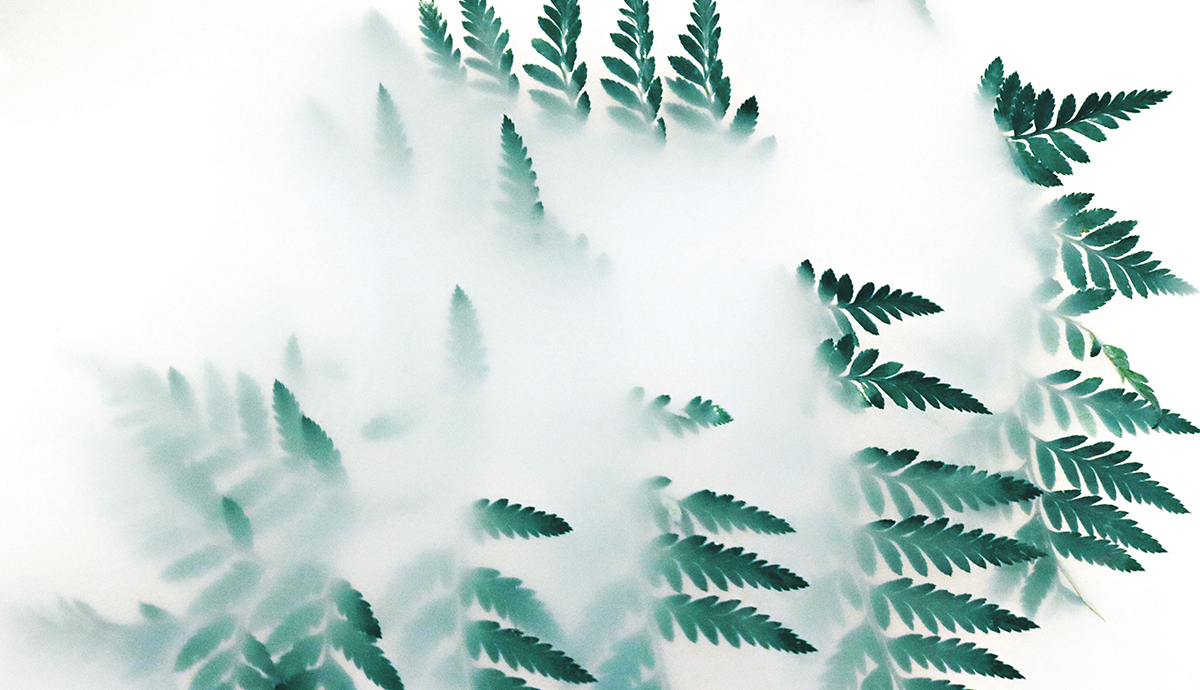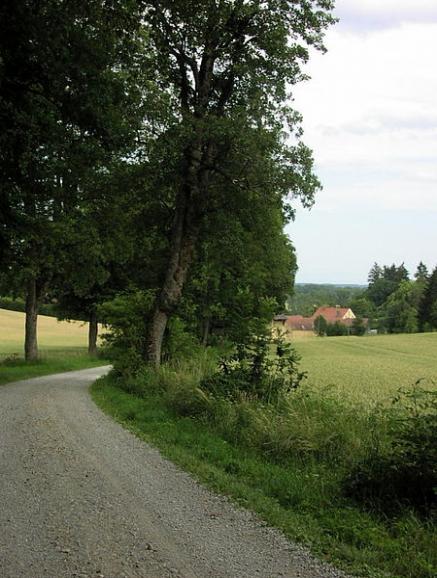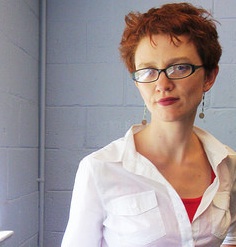Flensing Facts from Truth: a Behind the Scenes Look at "Last Visit"
Before the poem “Last Visit,” there was a last visit. I was 24, in Illinois, where I grew up, a daughter and granddaughter of farmers, visiting from my new home in Oregon. I’d just gotten my teacher’s license, and on a whim, applied for my favorite high school English teacher’s job when I heard she was retiring. After a short interview with the principal, I’d been offered the position, and stunned, I asked for a few days to consider what it would mean to leave my free-wheeling liberal hippie life in Portland to return to my hometown, its tiny crowd of narrow ideas and mediocre restaurants.
I dusted off my dad’s bicycle and decided to ride the eight miles to my grandparents’ house. Zipping past field after field of corn, the light unfrazzled by shade, I smelled home--corn greening and milkweed blooming in the ditches. Humidity like a vast and inescapable gown. I ate lunch with my grandparents and we talked about the drought, weather being one thing we could always agree was of interest. We sat in their sunroom, bread crusts on our plates, nibbling at potato chips, watching the birds at the feeder. Then, out of nowhere, it began raining, a thick fast rain that I like to pretend only happens in the Midwest, in the dog days of summer, when the air simply can’t keep the humidity in any longer. We laughed and smiled, and shortly thereafter I rode back home and decided I simply wasn’t ready to return to Illinois. I turned down the job and headed back west.
Within the next six months, both my grandparents died. One by car wreck, one by stroke, and I was a heartsick homesick lullaby for--well, forever, it turns out. Grief may have receded but it has left a glaze of deep Midwestern love coating my heart.
All of this I wanted to put in the poem: the bike ride, the monarchs in the ditches, the trembling confusion inside me about what home meant and what it could be, a surprising basil field I coasted past, and how sweet, that rain, to baptize my last visit with my beloved grandparents.
The poem, however, took me by the shoulders and said, whoa, there. I’m not a memoir. You’re going to have to fit the feeling in a much smaller vase if you want it to catch the light. Though, as with any good advice, it’s only good if you can hear it. I kept forcing the poem’s narrative, trying to fit more and more into it, skittish whenever a kind editor-friend suggested taking this or that out. This obstinacy lasted for years. Until finally, I sat down and said, okay poem. I’m going to destroy you. This will hurt me more than it hurts you.
I focused on the sunroom, where I had spent so much time with my grandparents over the years, having lunch with them, listening to the crop report on the transistor radio. I turned to our frequent conversations about the birds visiting the feeder, their many habits. I thought of the cardinal at my parents’ house that obsessively beats its head against their kitchen window. Somehow that bird needed to get into the poem. And the poem became that window, the one I’d been knocking myself against for years. And, finally, having abandoned narrative for lyric, the poem clicked. Though I can still feel the cornfields and that long sweaty bike ride underneath its skin, it’s become something new. It is more delicate, less overwrought. It invites a little mystery. Not only do I like it much better than the original version, I appreciate how it taught me to abandon facts for truth.
Recommended
Nor’easter
Post-Op Appointment With My Father
Cedar Valley Youth Poet Laureate | Fall 2024 Workshop








